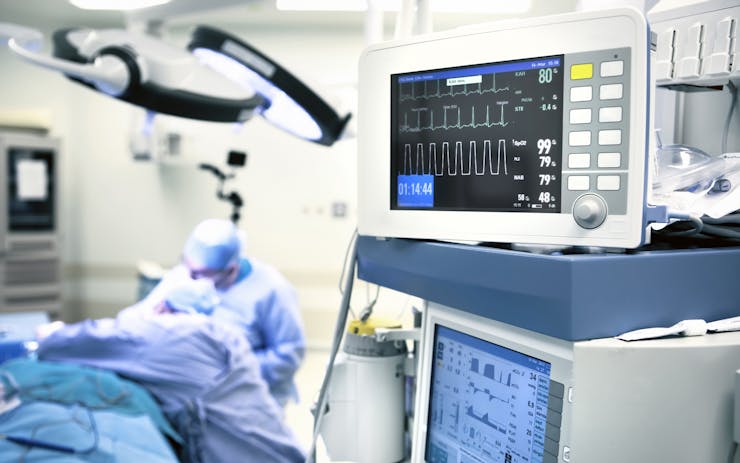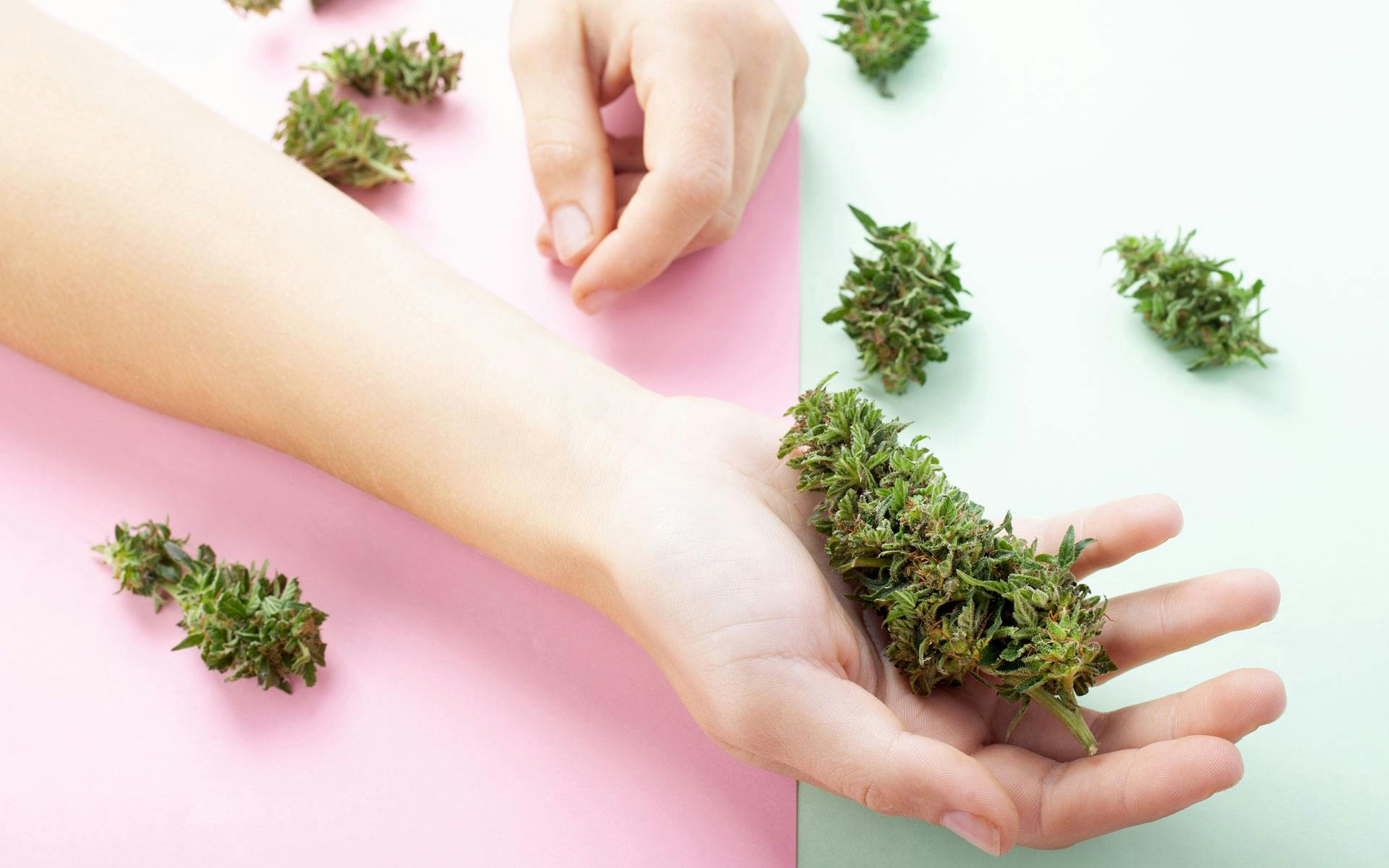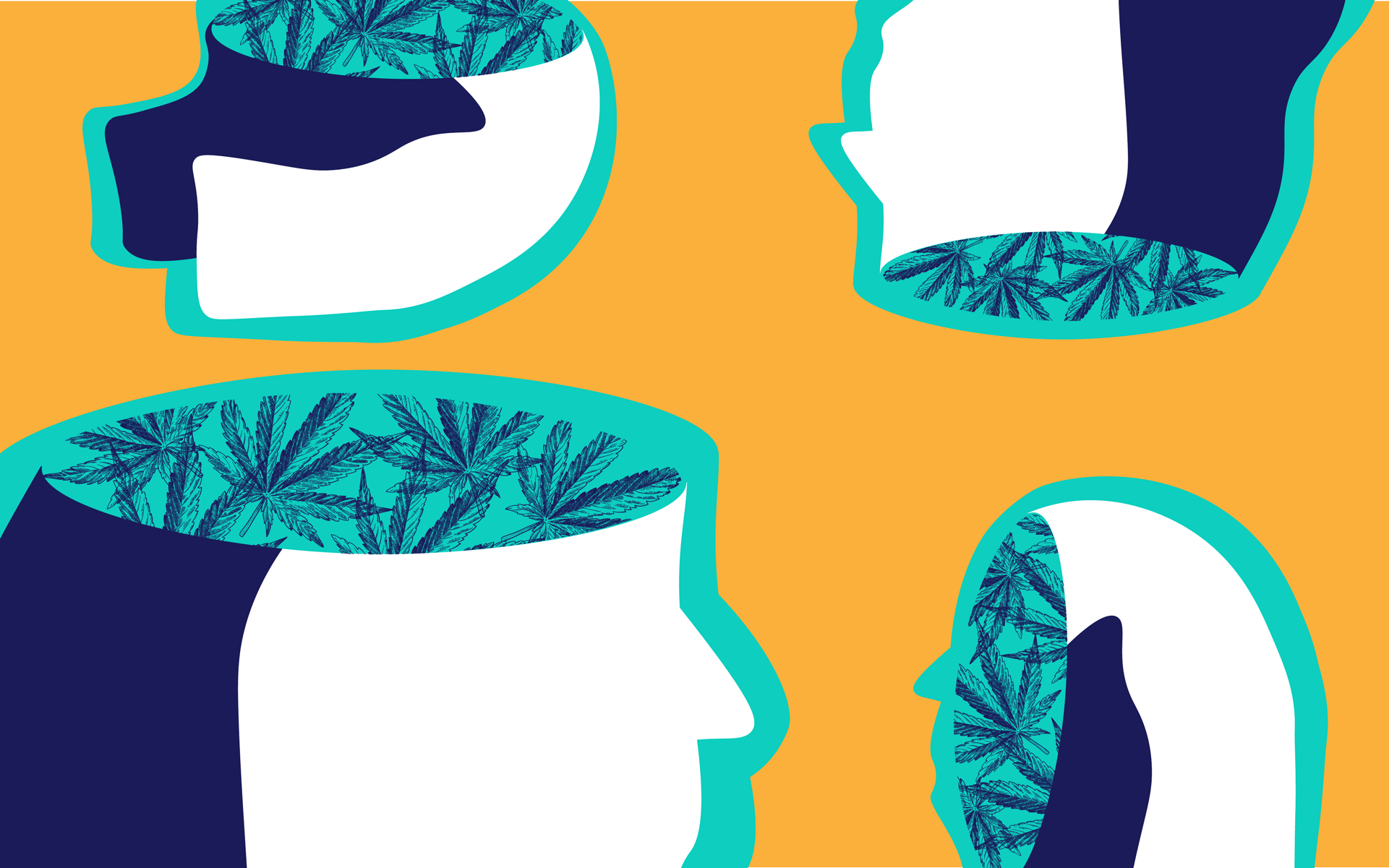No matter how minor a procedure, having surgery is an anxiety bomb. Depending on the procedure, you may have a protocol to follow before and afterward, and it may disrupt your regular cannabis smoking, vaping, dabbing, or ingesting routine.
Cannabis has remained part of our medical repertoire for centuries because, well, it works! In ancient China, Egypt, the Americas, and more, humans have documented weed usage to treat all kinds of maladies. Be sure to only consume products from a safe, lab-tested source, and be honest with your anesthetist and other healthcare providers.
We’ll go into whether you might have to temporarily abstain from weed, or if cannabis can help your healing routine.
What is anesthesia and how does it work?
Put simply, anesthetics is a medical treatment, often composed of more than one form of medication, designed to sedate the patient, relax their body, and prevent them from feeling pain during an operation, surgery, or invasive medical test like a biopsy.
There are three main forms of anesthesia given to patients before an operation:
- Local, in which only the immediate area round the surgical site is numbed and the patient remains conscious
- Regional, where a broader area is numbed but the patient may still remain conscious (such as for a cesarean section)
- General, where the patient is entirely sedated and unconscious during the procedure

These are commonly given to patients, as you may see in shows like Grey’s Anatomy, via an IV injection or gas inhalation with a mask, but topical and transdermal options exist as well.
Despite its prevalence and necessity in the medical world for over 150 years, we still lack a complete understanding of the nuances of how anesthetics impact our body’s systems and functions. Some research indicates that anesthetics prevent interactions between neurons.
Provided there are no underlying allergies to a medication, anesthesia does not impact respiratory or cardiovascular functions.
Local and regional anesthesia are used more frequently for oral surgeries, cavity fillings, administering stitches to a wound, and epidurals during childbirth. More intense and longer surgeries, such as organ transplants, reconstructions, and emergency removals, require general anesthesia, under which the patient will be unconscious for several hours. These differences impact how cannabis use may interact with the efficacy of your anesthesia plan.
How does cannabis use affect anesthesia?
Evidence remains scarce, though studies have found that a general anesthesia, propofol, interact with our endocannabinoid systems. Some researchers believe this could lead to cannabinoid-based anesthetics without the risks associated with substances like fentanyl. A British Journal of Pharmacologyarticle indicates propofol may enhance brain endocannabinoid levels, giving it sedative properties, but can’t predict how individuals will fare based on their use.
Shop highly rated dispensaries near you
Showing you dispensaries nearA study in the Journal of Osteopathic Medicine found a strong correlation that cannabis users show a higher tolerance to propofol and other forms of anesthesia compared to non- or infrequent users, which can alter how it will affect them during surgery and how much is needed for a successful operation. But due to lack of research studies on humans, it’s unclear how same-day cannabis use influences anesthesia, if at all.
Do I need to stop smoking before surgery?

While we do not currently have the breadth of research required to definitely say whether it is safe or not to smoke before surgery, current findings point toward some potential risks that are not necessarily cannabis-related, but pertain to smoking in general. We advise that you speak with your primary care doctor about cannabis use and how it may interact with anesthesia during surgery.
While smoking cannabis has a myriad of potential benefits, it still involves burning a plant and exposing one’s lungs to carcinogenic material. Anesthesia can potentially impede the body’s air passages and influence blood pressure; long-term damage and irritation from smoking can lead to complications.
Currently, there are no known documented cases of cannabis use leading to death during surgery.
How long before surgery should one stop smoking cannabis, if necessary?
This is a personal choice that depends on the procedure. For operations where only local anesthesia is involved and the heart and airways are largely unaffected, the risk is lower. For edible lovers, patients should stop ingesting within the same time frame their doctors recommend they should abstain from eating and drinking beforehand.
Some experts recommend abstaining from all forms of consumption weeks beforehand out of an abundance of caution, while others, as stated in a 2018 article in research journal Heliyon, recommend stopping smoking at least 72 hours beforehand.
How to talk about marijuana use with healthcare providers
Many medical marijuana patients and recreational consumers alike consider cannabis use a private matter. The last century of US-led cannabis prohibition and the decades of the War on Drugs has unfortunately eroded many people’s trust in the medical establishment to provide them accurate information on cannabis and its potential side effects.
Given how weed and its compounds can interact with anesthesia during surgery, it is crucial for your health and long-term benefit to disclose your cannabis use to your primary care team. Despite its Schedule I status, disclosing cannabis use to a doctor or healthcare provider falls under the Health Insurance Portability and Accountability Act of 1996 (HIPAA). Under this, cannabis use cannot be used against you or reported to law enforcement unless there is an imminent threat to public safety or your health. Please note that these protections may not extend to minors.

However, doctors can refuse services to patients. And keep in mind that because there is not a lot of concrete research on cannabis, doctors may tell you to abstain from using marijuana because they cannot confirm or deny claims.
But as states continue to expand medical marijuana programs, many have made finding a doctor familiar with cannabis therapy and its impacts on other medications and treatments easier. If you live in a state with medical or adult-use cannabis, the state health department may have resources for finding doctors familiar with cannabis.
Will cannabis affect anesthesia for heart patients?
Many high profile health organizations, such as the American Heart Association and the CDC, advise against using cannabis to mediate heart-related conditions, and suggest that cannabis use could actually worsen symptoms and vulnerability to heart disease. However, they also state that these beliefs are based on minimal and observational research, as cannabis’ Schedule I status makes it incredibly hard to fund research for and study.
They also largely refer to smoking cannabis, not other methods such as ingestion. Smoking cannabis can lead to increased heart rate and blood pressure, and research shows that cannabinoids have both vasodilation and vasoconstriction effects in studies on animals; a recent study by scientists at Stanford Medicine concluded that marijuana use has some connection to heart disease, but not enough evidence supports this as a guaranteed outcome of cannabis use.
What’s the best method of consumption before surgery?
If abstaining from cannabis consumption simply isn’t an option, there are various methods that don’t involve smoking or eating. Most surgery protocols require the patient to abstain from eating for a certain number of hours before the operation to prevent complications with anesthesia and digestion. Eating an edible or smoking on an empty stomach will also increase the intensity of cannabis’ effects.
This doesn’t leave too many options, but a tincture dose or a transdermal product would be safest, as any method that minimizes inhalation and ingestion are ideal.
Is cannabis good as a post-op medicine?
Despite the risks associated with marijuana before surgery, it has many potential benefits for the recovery process. Surgery is invasive and will almost always cause some amount of inflammation at the surgical site.
Cannabinoids like CBD and CBG have gained popularity for their anti-inflammatoryproperties, which can simultaneously hasten physical recovery and improve mental well-being. THC remains an acknowledged alternative to opioids for addressing pain, as well as an appetite stimulant, and is good for preventing nausea.
While your primary care doctor may not be able to prescribe or recommend cannabis as part of your treatment plan, it’s in your best interest to alert them to your usage. Prolonged cannabis use can potentially affect opioid tolerance, which can impact recovery time. Because smoking can cause coughing and irritation in the lungs and throat, we recommend topicals, edibles, and tinctures post-op. A full-spectrum product with both CBD and THC will help the body’s endocannabinoid system more fully engage and you may receive more benefits.









